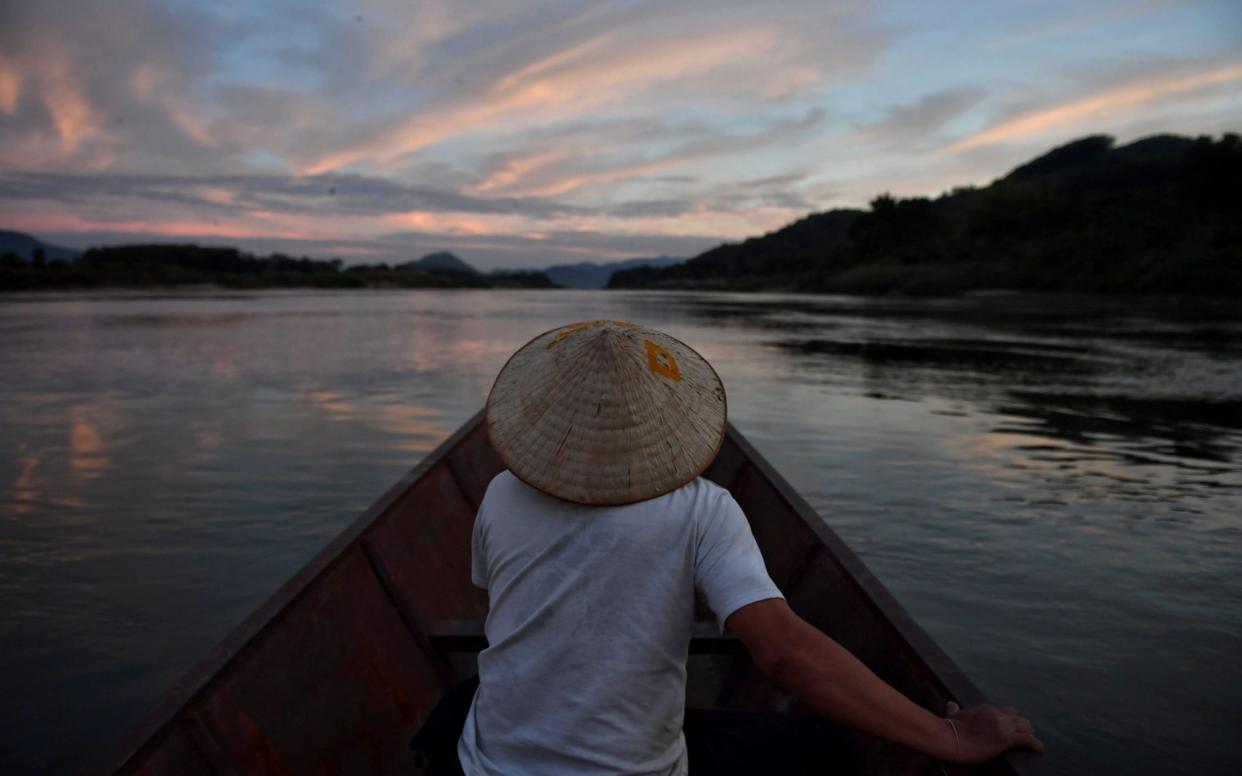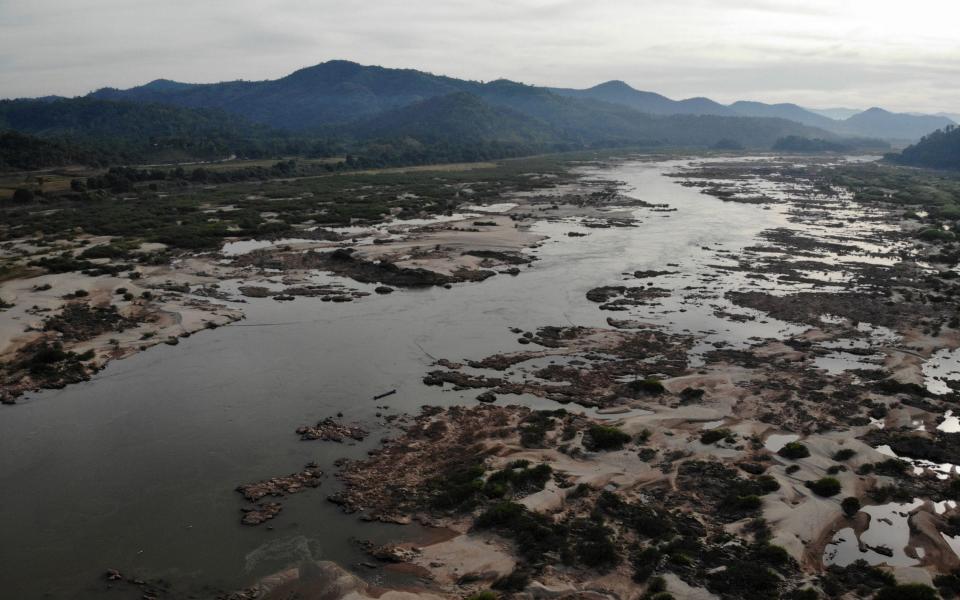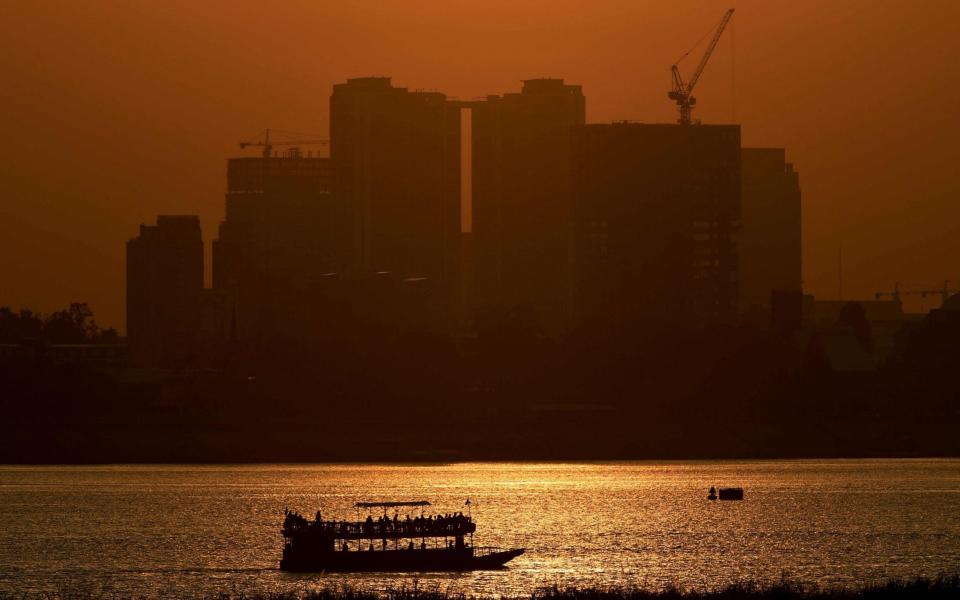Environmentalists urge Laos to scrap 'destructive' Mekong dam plans

Environmentalists have urged Laos not to proceed with the construction of another “destructive” dam on the Mekong River, a vital Southeast Asian waterway that sustains about 60 million people.
Last week, Laos’ communist government announced plans for the Sanakham dam – close to the northeastern border with Thailand – to the Mekong River Commission (MRC), as a new step in its ambitious goals to use hydropower to become the “Battery of Asia.”
The MRC is a dam consultation body for Mekong nations, but has been accused of rubberstamping river projects sponsored by governments and big business and of failing to consult properly with the local population and environmental groups.
“Sanakham dam should not be built at all. There are several cheaper, less destructive and faster ways to meet the Mekong region’s energy needs,” Pianporn Deetes, Thailand and Burma campaigns director at anti-damming group International Rivers, told The Telegraph.
The river nourishes fishing grounds and farmlands as it flows in from China then winds past or through Myanmar, Laos, Thailand, Cambodia and Vietnam.
In March Cambodia decided not to develop new hydropower dams on the Mekong River for the next decade, after years of protests that the structures were strangling the local ecosystem and the livelihoods of millions.

The announcement left neighbouring Laos as an outlier in the Lower Mekong Basin, as the only country still planning to use hydropower. Two downstream dams — the Xayaburi and Don Sahong — have been built in the small Southeast Asian nation, which wants to construct seven more.
International Rivers is pushing for a moratorium on all large-scale hydropower dams on the Mekong and for more equitable energy solutions for local communities.
The Sanakham dam, which is estimated to have a capacity of 684MW, cost over US$2 billion and take eight years to complete, is expected to export its power to Thailand despite exceeding the neighbouring country’s needs, argued Ms Deetes. “Given the economic fall-out during COVID-19, the Thai Energy Ministry indicated last month that the reserve margin for 2020 could as high as 40%, which equates to approximately 18,000MW. This is equivalent of over 25 Sanakham dams,” she said.
“Rather than spending eight years and billions of dollars on a destructive dam project to generate 684 MW, the focus should be on sustainable and equitable alternatives which protect the Mekong that millions depend on for their livelihoods. Too much is at stake to proceed.”
The MRC says the Sanakham dam consultation includes an environmental impact assessment on the waterway and its communities.

However, water levels in the Mekong have dropped to record 50-year lows during a drought last year, causing the massive river to recede and expose sandbanks along some stretches - a phenomenon blamed by villagers in Thailand and Laos on the operations of dams.
In April, a US research company claimed China's Mekong River dams held back large amounts of water during the damaging drought in downstream countries despite China having higher-than-average water levels upstream.
China's government disputed the findings, saying there was low rainfall during last year's monsoon season on its portion of the 2,700-mile river.
But the investigation by Eyes on Earth Inc, a research and consulting company specialising in water, published in a US-government funded study, sparked alarm bells in a region already wary of China’s management of the river.
Ms Deetes said it was “critical” that Laos allow “meaningful dialogue” about the impact of its Sanakham dam plans and that “we treat the Mekong River as a shared regional resource.”

